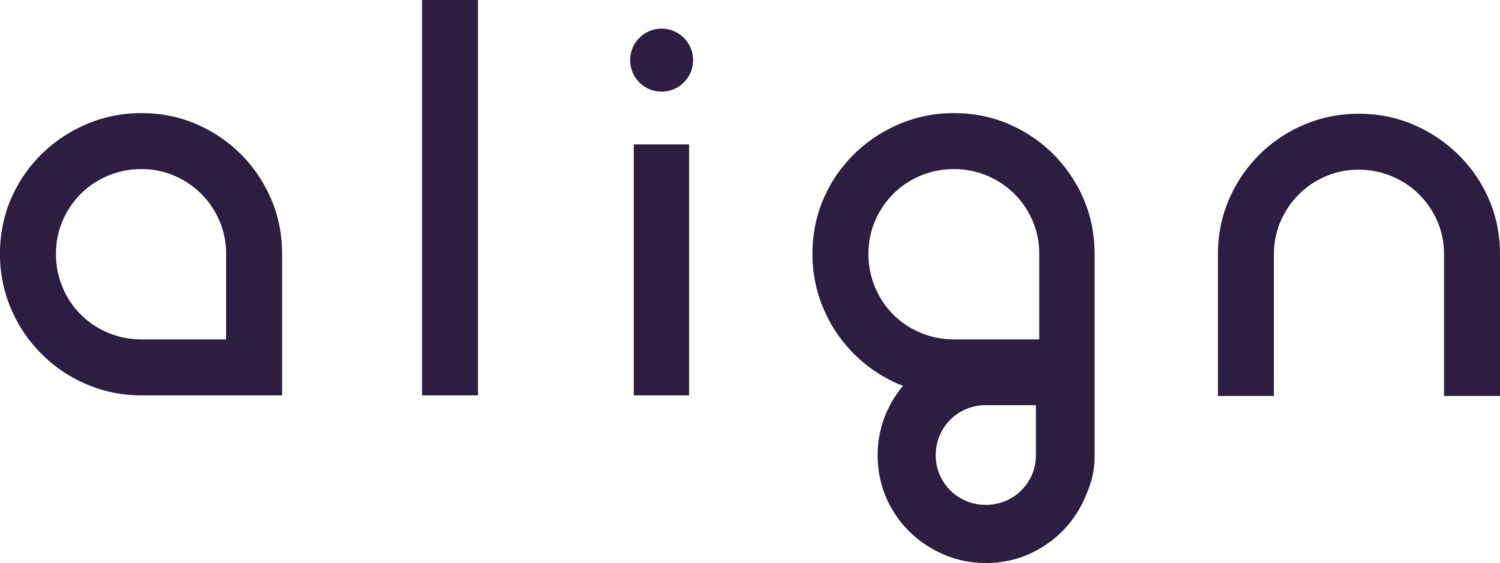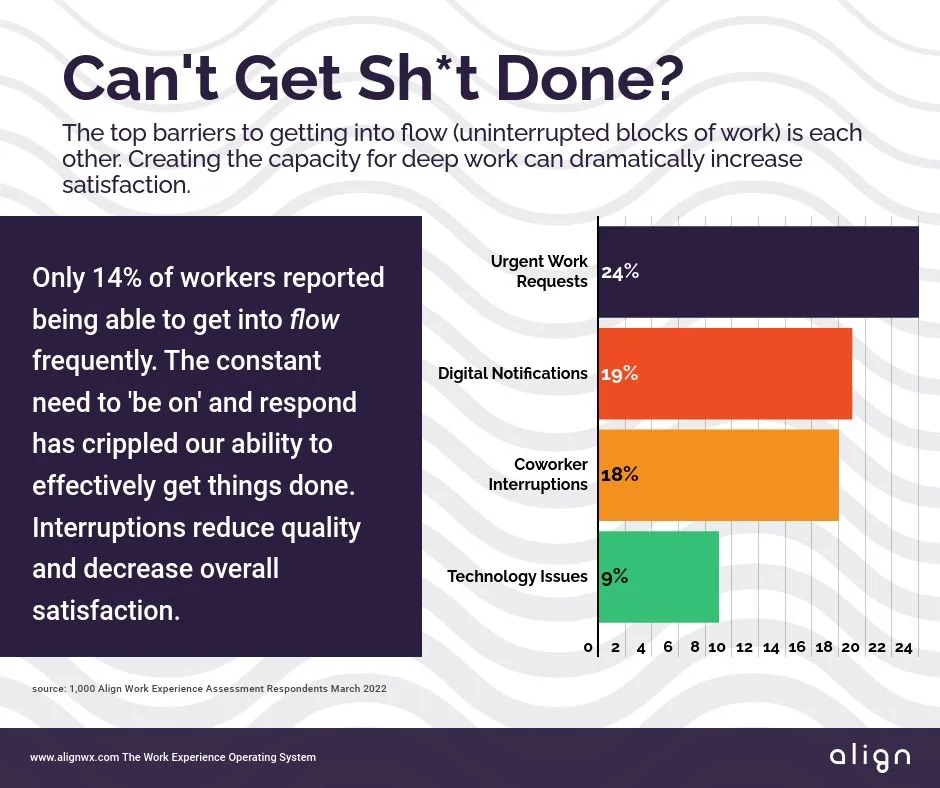Can’t Get Sh*t Done
It’s hard to remember a time when we didn’t fret about getting an immediate response to everything. When I was 5 years old (1985) I was sent to overnight summer camp for two weeks, the minimum stay. There was guidance given to parents that the phone call check-in was for emergencies, but they would welcome letters and cards in the mail. I was on the younger side because my Mom was a little aggressive about putting me out in the wild, but there were plenty of kids under 10 years old. I can’t imagine how well this would go over today for parents and even kids.
We’ve trained ourselves to expect an immediate response to everything. The addiction to response has corrupted our ability to differentiate between something that needs immediate action and something that can wait. We hear constantly from workers that it’s common for someone to send an email, follow up on messaging to ask if they saw the email, and even go another step of text/call to verify the receipt. For The Office fans out there, this is a classic WUPHF. That level of shoulder tapping feels like something my 3-year-old does to ask me if I saw him dump the trash out of his truck for the 7 millionth time. At work, it better be the most important thing, but we all know it’s not.
Our data shows that the #1 barrier to flow (uninterrupted work) is ‘Urgent work requests’, followed by ‘Digital Notifications’ and ‘Coworker Interruptions’. The one thing all these have in common is….us. Most people aren’t trying to interfere with someone else’s ability to do work. We’ve collectively adopted some bad habits. It’s hard to disconnect the behaviors of social media and generally our phones from work. The work tools look and act almost identical to social media apps (not by coincidence).
Why does this matter?
Multi-tasking is not the badge of honor many have tried to proclaim. Short attention leads to mistakes, inefficiency, and burnout. We all know the feeling of being busy, but not actually getting anything done.
How do we change this?
Find out if it’s a problem and where. There are varying degrees of these issues that can often be driven by managers' personalities and work situations. The culprit can manifest itself in new tech and new work situations.
Talk about it. Simply acknowledging that it’s an issue will help people recognize when they are unintentionally blowing up their colleagues' day.
Prioritize Deep Work. Giving permission to individuals to be unavailable, block time and focus lets everyone know that you are serious about quality work time.

